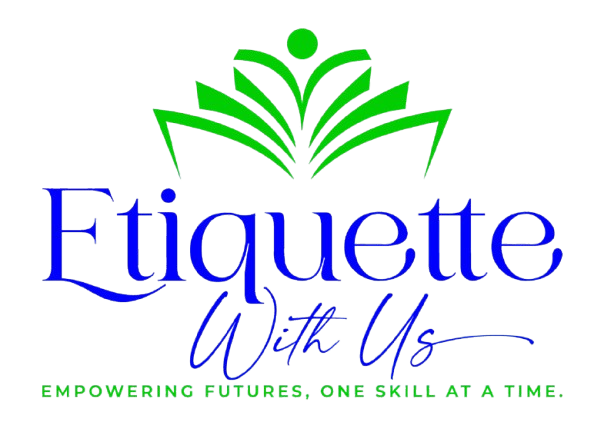1. Introduction to Trauma-Informed Care in Cosmetology
Trauma-informed care is an approach that recognizes the widespread impact of trauma and integrates this understanding into all aspects of service delivery. For cosmetologists, this means providing services in a way that promotes client safety, trust, and empowerment.
2. Understanding Trauma and Its Impact
- What is Trauma? Trauma results from distressing experiences that overwhelm a person’s ability to cope.
- Types of Trauma: Acute, chronic, and complex trauma.
- Common Reactions to Trauma: Anxiety, depression, hypervigilance, and dissociation.
3. Recognizing Trauma Responses
Clients may display a range of responses, including:
- Physical signs (e.g., tense body language, avoidance of touch)
- Emotional responses (e.g., fear, irritability, sadness)
- Behavioral cues (e.g., withdrawal, hyperactivity)
4. Creating a Safe Environment
- Ensure a calm, welcoming salon space.
- Provide clear communication about procedures.
- Offer choices and respect client boundaries.
- Maintain confidentiality and privacy.
5. Trauma-Sensitive Client Care Practices
- Use grounding techniques when needed.
- Be mindful of sensory sensitivities (e.g., smells, sounds, or textures).
- Offer breaks during long services.
- Validate client feelings and experiences.
6. Navigating Challenging Client Interactions
- Stay calm and composed.
- Practice active listening.
- De-escalate with compassionate responses.
- Know when to refer clients to mental health professionals.
7. Industry Trends: Mental Health Awareness in Beauty
- Increasing emphasis on mental health advocacy.
- Growth of trauma-informed certifications for beauty professionals.
- Partnerships with mental health organizations.
8. Client Safety Practices
- Maintain hygiene and safety standards.
- Offer informed consent before treatments.
- Be prepared with emergency contacts and resources.
- Provide accessible and inclusive services.
9. Self-Care for Beauty Professionals
- Recognize signs of burnout and compassion fatigue.
- Practice mindfulness and stress management.
- Build peer support networks.
- Pursue continuing education in trauma-informed practices.
10. Resources and Further Reading
- Recommended books, articles, and training programs.
- Professional organizations supporting trauma-informed care.
- Mental health resources for both clients and professionals.




